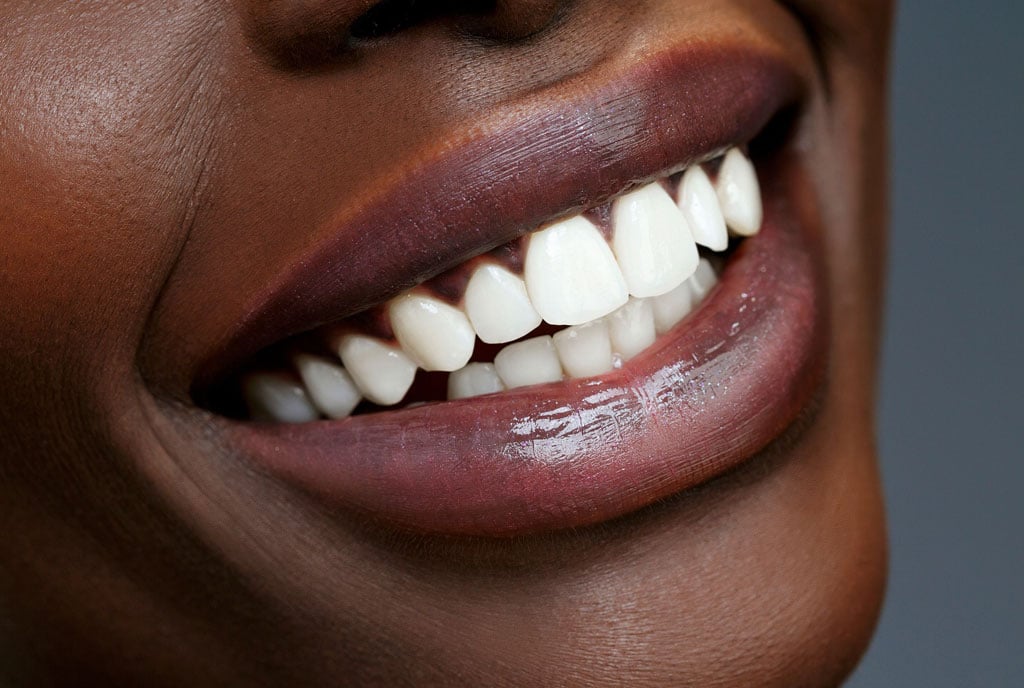I extracted my tooth recently but I'm still in so much pain. Why?

A dentist examines a child’s teeth. Many parents do not pay attention to the dental health of their children. Photo by Rachel Mabala.
What you need to know:
- A tooth extraction is a surgery that should not be taken lightly.
- You can continue with your day-to-day activities but with precaution and following instructions from your dentist.
There is nothing to alarm you. This is simply a complication that happens due to improper healing of the wound. Your body then communicates by sending sharp pain.
This kind of pain is too sharp that sometimes it is even more than the pain that made you extract the tooth. When this occurs, the best thing to do is to return to the dentist so that you are helped. There are procedures that can be done to relieve this and you start feeling much better.
This condition happens when the blood clot at the site of the tooth extraction fails to develop, or it dislodges or dissolves before the wound has healed.
Normally, a blood clot forms at the site of a tooth extraction and that is why it also stops bleeding. This blood clot serves as a protective layer over the underlying bone and nerves. The clot also provides the foundation for the growth of new bone and for the development of soft tissue/gum over the clot to cover where the tooth was extracted.
Exposure of the underlying bone and nerves results in intense pain, not only in the socket but also along the nerves radiating to the side of your face. The pain usually begins one to three days after your tooth is removed.
Dry socket is the most common complication following tooth extractions, such as the removal of third molars (wisdom teeth). Over-the-counter medications alone will not be enough to treat dry socket pain. Your dentist or oral surgeon can offer treatments to relieve your pain.
A tooth extraction is a surgery that should not be taken lightly. You can continue with your day-to-day activities but with precaution and following instructions from your dentist.
Dr John Paul Okim, dental surgeon




